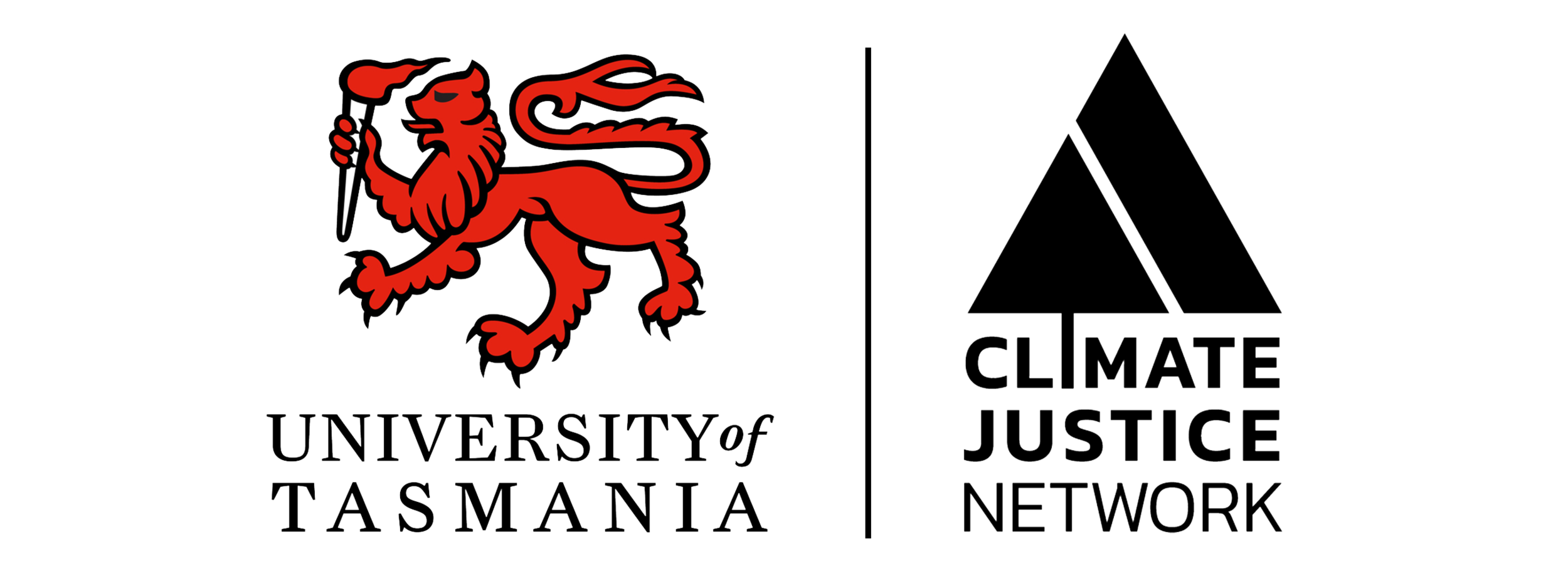Fair Shares: A Civil Society Approach to Climate Equity
Sivan Kartha, Stockholm Environment Institute
Sivan Kartha presented a civil society report on fair shares and climate equity, which calculated equitable effort sharing efforts among nations, and the required efforts in terms of mitigation and climate support. This was calculated in light of metrics relating to responsibility (historical emissions), and capability (national income), evaluated in light of various progressivity indicators. These ‘fair shares’ were then evaluated against the pledges or ‘national contributions’ made by countries under the Paris Agreement. Results indicated that some developed countries’ contributions are well below their equitable fair shares, regardless of which progressive model is used. Further, while some developing countries have met their fair shares, more support is required from developed countries to enable these poorer countries to take on still greater mitigation efforts.
This talk was held at:
Imagining a Different Future
Climate Justice Conference
A multidisciplinary conference examining the barriers to responding to climate change, implementing climate justice, and proposing ways forward was held in Hobart 8-9 February 2018. Despite the Paris Agreement, there are real concerns the prevailing neoliberal economic and political model, particularly with the move to more insular, nationalistic, fragile politics, cannot respond effectively to climate change and excludes key considerations such as ethics and justice.
Keynote Presenters were: Robyn Eckersley, Steve Vanderheiden, Catriona McKinnon, Marcus Düwell, Jeremy Moss, Sivan Kartha, Lavanya Rajamani, Guy Goodwin-Gill, Jack Pezzey, Nathan Bindoff, Ben Richardson and Jan McDonald. (Full list of the presenters in the final programme.)
The University of Tasmania hosted the Conference with support of its Faculty of Law, the University of Utrecht Ethics Institute, the University of Tasmania's Institute for the Study of Social Change, Asia Institute, Faculty of Medicine, the Antarctic Climate and Ecosystems Cooperative Research Centre (ACE CRC) and the Institute for Marine and Antarctic Science (IMAS).
Videos and Podcasts from the conference are available on the Knowledge Hub.
